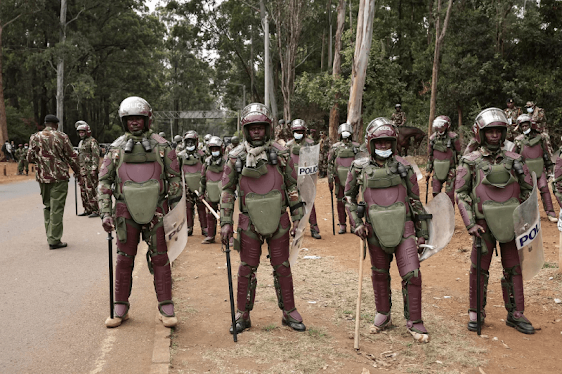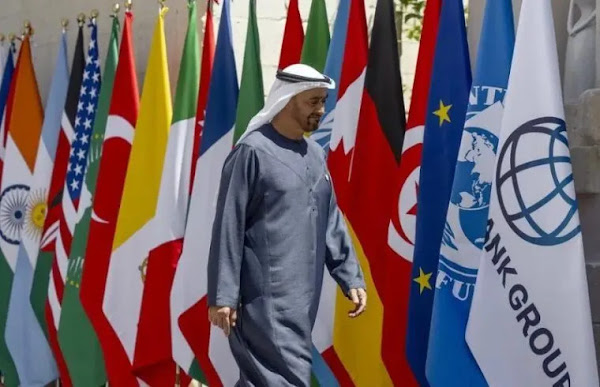South Africa’s Historic Government of National Unity: What Implications This Has for the Future

South Africa has entered a new political era with the formation of a Government of National Unity (GNU) comprising ten political parties . This coalition, resulting from the African National Congress (ANC) losing its parliamentary majority, signifies a break from the ANC’s traditional dominance. The ANC leads the coalition with 40.2% of the vote, followed by the Democratic Alliance (DA) with 21.8%. Coalition Composition The coalition includes the Inkatha Freedom Party, Patriotic Alliance, Freedom Front Plus, United Democratic Movement, Rise Mzansi, GOOD party, and Pan Africanist Congress of Azania, among others. Together, these parties control 287 of the 400 parliamentary seats, ensuring a strong foundation for the government. Exclusion of Leftist Parties Notably absent from the coalition are leftist parties such as the Economic Freedom Fighters (EFF) and former President Jacob Zuma’s uMkhonto weSizwe party, which collectively garnered about a quarter of the votes. Despite t...









.webp)





.jpg)


